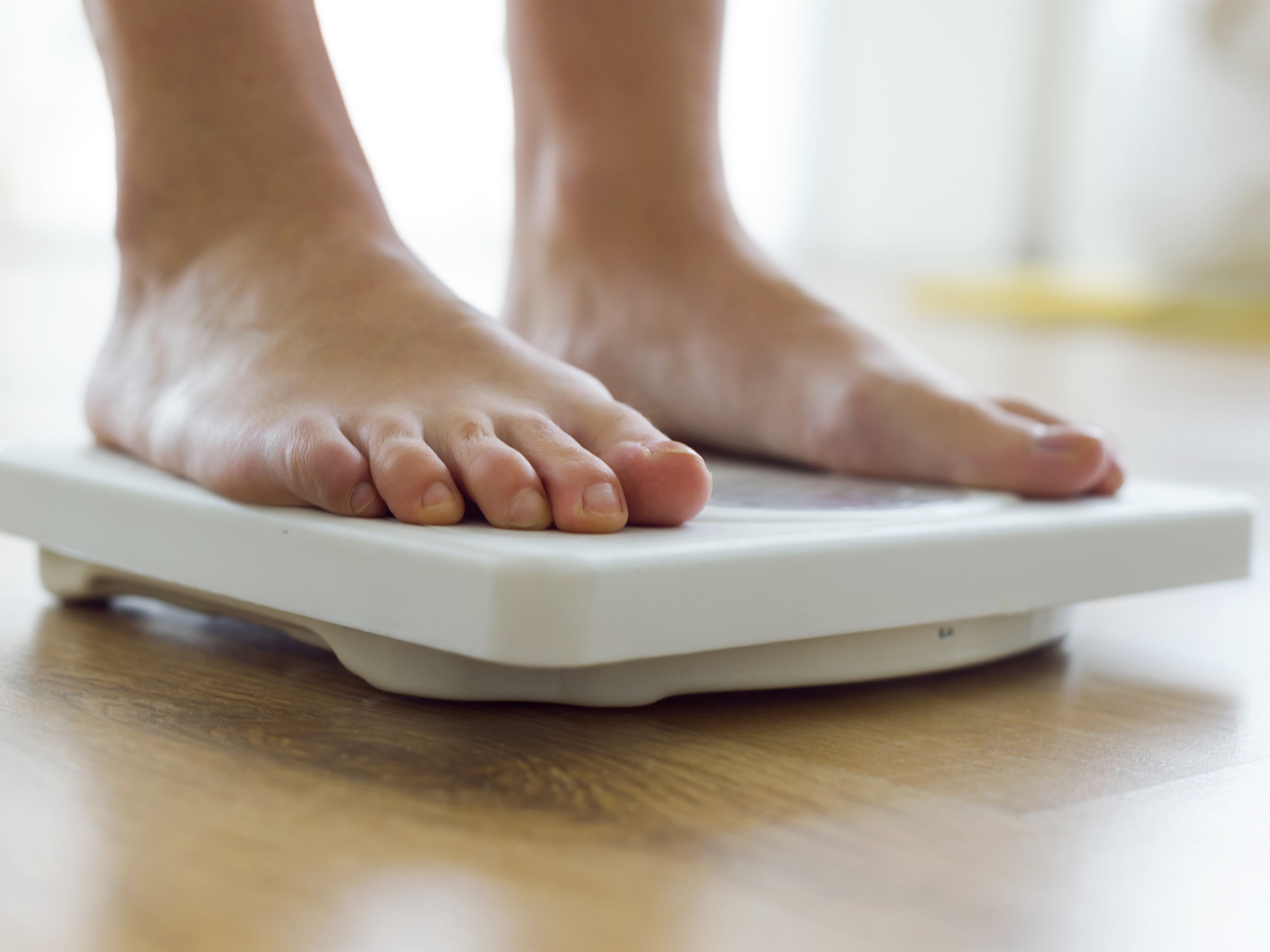Too Late To Eat?
Because of my work and commuting schedule, I rarely can eat dinner before 9 p.m. I understand that eating this late is bad for health. Can you tell me why?
Andrew Weil, M.D. | July 31, 2020

Some recent research suggests that eating late in the day can lead to weight gain and high blood sugar. A study from Johns Hopkins published in June (2020) found that eating late worsens glucose tolerance (how your body moves sugar from blood into tissues) and reduces the amount of fat burned. But the effects of late eating vary greatly among individuals, depending on the time they go to bed.
The team studied 20 healthy volunteers – 10 men and 10 women – to see how they metabolized dinner eaten at 10 pm compared to six p.m. All the volunteers went to bed at 11 p.m. It turned out that blood sugar levels were higher, and the amount of ingested fat burned was lower with the late dinner than with the same meal provided at 6 p.m.
The study’s first author, Chenjuan Gu, M.D., Ph.D., noted that the peak glucose level after the late dinner was about 18 percent higher and the amount of fat burned overnight was 10 percent less than fat burned after an earlier meal.
The study participants wore activity trackers and had blood samples taken every hour while staying in a lab. They also underwent sleep studies and body fat scans. The food they were provided contained special labels so the researchers could determine the rate of fat burning
The study’s corresponding author, Jonathan C. Jun, M.D., said more research is needed to determine if the effects seen continue over time and whether they are related more to behavioral factors (such as going to sleep soon after eating) or by the body’s circadian rhythms. The Hopkins study isn’t the first to show the effects of late eating but is considered one of the most detailed. The researchers noted that if the effects seen occurred in the 20 people of healthy weight who participated, they are likely to be more significant among people who are overweight or obese as their metabolisms are already compromised.
Bear in mind that eating, and especially overeating before going to bed may satisfy hunger, but it also can cause stomach discomfort and rob you of sleep. And because digestion slows down during sleep, your body may not be able to efficiently metabolize a late meal.
Andrew Weil, M.D.
Source:
Chenjuan Gu et al, “Metabolic Effects of Late Dinner in Healthy Volunteers – A Randomized Crossover Clinical Trial,” The Journal of Clinical Endocrinology & Metabolism, June 11, 2020, doi.org/10.1210/clinem/dgaa354













